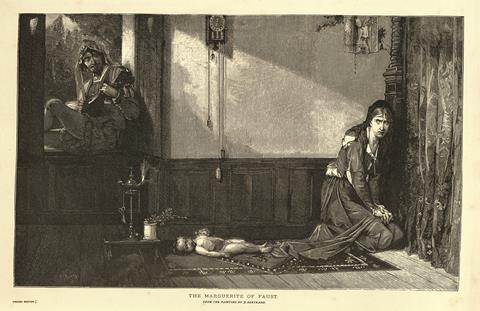100 Years of the Infanticide Act: Legacy, Impact and Future Directions
Karen Brennan and Emma Milne (editors)
£44.99 (paperback), Hart
★★★★✩

Attitudes to infanticide can be complicated. The idea of a mother killing her own child seems to subvert the natural order, and may raise feelings of revulsion and outrage. However, it can also evoke sympathy; the impact of childbirth and caring for an infant on the mother’s physical and mental health can be overwhelming, and we can, perhaps, understand extreme circumstances where it may affect the woman’s state of mind to the point where she does something unthinkable.
Infanticide is an oddity in English law: an offence to be charged, but also a defence to be raised; a crime that can only be committed by one type of accused on one type of victim; and a mental capacity-based defence that requires no causative link between the mental disorder and the offence. This collection of essays considers the history and continued relevance of infanticide in English law.

Historically, the infanticide acts 1922 and 1938 were intended to allow mothers who killed their infants when the ‘balance of her mind was disturbed by reason of her not having fully recovered from the effect of giving birth to the child or by reason of the effect of lactation consequent upon the birth’ to avoid the death penalty that would otherwise have followed conviction for murder. The acts largely just gave legal cover for what was already happening in practice – even before the 1922 act infanticide cases attracted judicial leniency. Many judges recommended mercy for those convicted, juries were content to acquit against the evidence and home secretaries were quick to commute death sentences in sympathetic cases.
As well as being a history lesson, essays look at the underlying philosophical issues around infanticide, and the extent to which it remains relevant. An argument that particularly struck me was a feminist critique suggesting that the 1922 and 1938 acts were underpinned by Edwardian beliefs about the ideal of motherhood, and on the ability of post-partum women to control their emotions creating an unintended but potentially discriminatory gendered effect in criminal law.
This work serves as a fascinating and thought-provoking overview of this curious corner of criminal law. More one for academic than practical interest, but eminently readable.
James E Hurford is a solicitor at the Government Legal Department, London































No comments yet